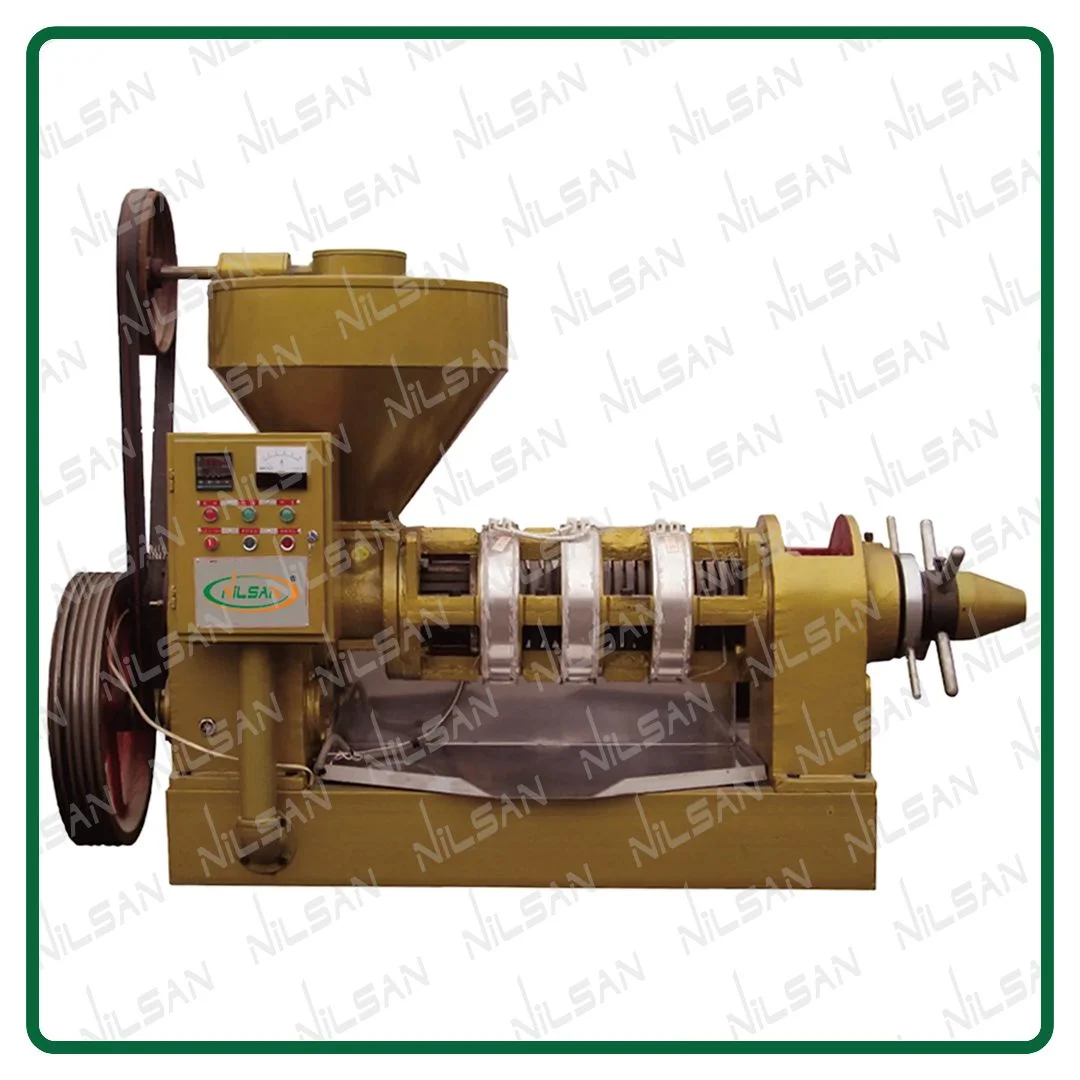
Introduction to Oil Press Machines
Oil press machines are essential tools for extracting oil from seeds, nuts, and other raw materials. Whether you’re looking for a solution for home use or industrial production, these machines ensure efficiency and quality. With growing awareness of health and sustainability, more individuals and businesses are turning to oil press machines to produce natural, chemical-free oils. This article delves into the benefits, types, and key considerations when choosing an oil press machine.
1. Healthier Oil Production
Oil press machines allow the extraction of oils without harmful chemicals or additives. This ensures the oil retains its natural nutrients, making it healthier for consumption. Cold-pressed oils, in particular, are rich in antioxidants and essential fatty acids.
2. Cost Efficiency
Investing in an oil press machine reduces dependency on store-bought oils, which can be expensive. Over time, the cost of producing your own oil becomes significantly lower than purchasing branded oils.
3. Environmental Sustainability
By using an oil press machine, you minimize packaging waste associated with commercial oils. Additionally, the byproducts from pressing can be repurposed, reducing overall waste.
4. Customization
Oil press machines give users the flexibility to experiment with different seeds and nuts, creating unique blends tailored to individual tastes and nutritional needs.
1. Manual Oil Press Machines
Manual oil press machines are ideal for small-scale production or personal use. They’re compact, easy to operate, and don’t require electricity. However, they demand more physical effort and have a lower output compared to electric models.
2. Electric Oil Press Machines
These machines are powered by electricity and are highly efficient, making them suitable for both domestic and small commercial use. They often come with advanced features like temperature control and automatic operation.
3. Hydraulic Oil Press Machines
Hydraulic models are commonly used for high-quality oil extraction. They operate at low temperatures, ensuring the oil’s nutritional value is preserved. These machines are slower but produce premium-quality oil.
4. Screw Oil Press Machines
A screw oil press machine is the most versatile option, suitable for both small and large-scale production. It uses a mechanical pressing process and is highly efficient in extracting oil from a variety of raw materials.
1. Determine Your Needs
Before purchasing an oil press machine, assess your requirements. Are you looking for a machine for home use, or do you need one for commercial purposes? Understanding your needs helps narrow down your options.
2. Consider the Raw Materials
Different oil press machines are suited to specific raw materials. For instance, some machines are better for hard seeds like sunflower and sesame, while others excel with soft nuts like almonds.
3. Capacity and Output
Evaluate the machine’s processing capacity to ensure it meets your production goals. Machines designed for small-scale use may not be suitable for commercial purposes.
4. Temperature Control Features
If you aim to produce cold-pressed oils, choose a machine with precise temperature control to maintain the oil’s nutritional integrity.
5. Budget and Maintenance
Invest in a machine that fits your budget while ensuring it is durable and easy to maintain. High-quality machines often come with warranties and support services. An oil maker machine is a compact device designed to extract oil from seeds and nuts at home or in small businesses.
1. Sunflower Seeds
Sunflower oil is rich in Vitamin E and is commonly used for cooking and skincare. It’s one of the easiest seeds to process with an oil press machine.
2. Sesame Seeds
Sesame oil is prized for its nutty flavor and health benefits. Cold-pressed sesame oil retains its unique aroma and nutrients.
3. Coconut
Coconut oil is versatile, used in cooking, beauty products, and even as a natural remedy. Hydraulic and screw oil press machines are excellent for extracting coconut oil.
4. Almonds
Almond oil is widely used in skincare and culinary applications. Screw oil press machines work best for extracting oil from almonds.
5. Peanuts
Peanut oil is another popular choice for cooking. It’s rich in unsaturated fats and provides a distinctive flavor.
- Prepare the Raw Materials: Clean and dry the seeds or nuts to ensure maximum oil extraction.
- Set Up the Machine: Place the machine on a stable surface and ensure all parts are securely attached.
- Adjust Settings: If the machine has adjustable settings, configure them based on the raw materials and desired oil type.
- Feed the Materials: Gradually feed the seeds or nuts into the hopper.
- Collect the Oil: Once the machine starts operating, collect the oil in a clean container.
- Filter the Oil: Use a fine mesh or filter to remove any residual particles for a pure end product.
1. Regular Cleaning
After every use, clean the machine thoroughly to prevent residue buildup, which can affect performance and hygiene.
2. Lubrication
For mechanical parts, apply appropriate lubrication to ensure smooth operation and prolong the machine’s lifespan.
3. Inspect for Wear and Tear
Regularly check for worn-out parts and replace them promptly to avoid breakdowns.
4. Store Properly
When not in use, store the machine in a dry, cool place to prevent rust and damage.
An oil press machine is a valuable investment for anyone seeking fresh, natural, and cost-effective oils. By understanding the types, benefits, and proper usage, you can select the right machine that suits your needs. With regular maintenance, an oil press machine can provide years of reliable service.